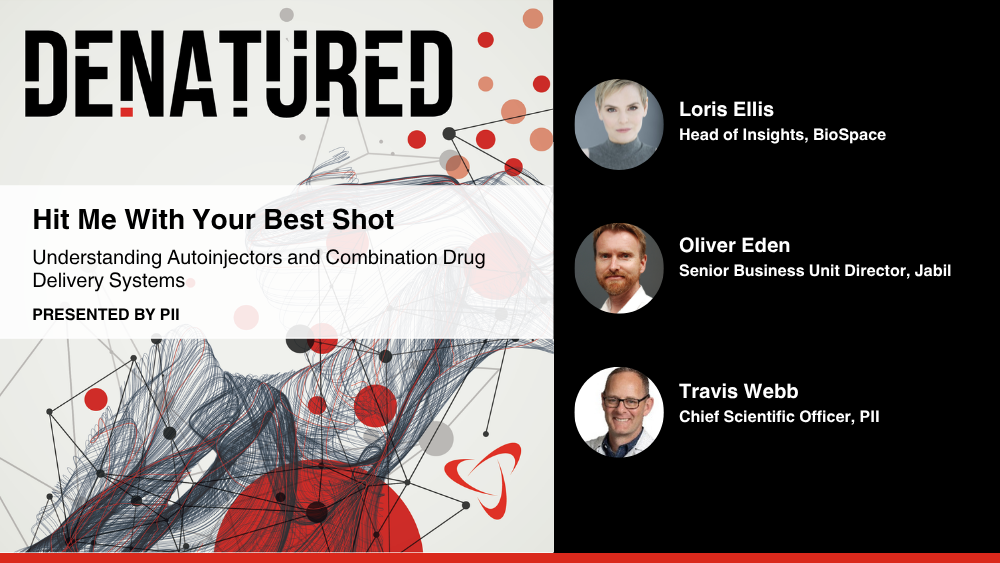LOUISVILLE, CO--(Marketwire - October 06, 2009) - GlobeImmune Inc. today announced that a late breaking abstract related to GI-5005, its investigational hepatitis C virus (HCV) product candidate, has been accepted for presentation at the 60th Annual Meeting of the American Association for the Study of Liver Diseases (AASLD), which will take place Oct. 31 through Nov. 4, 2009, in Boston, Mass.
The abstract, titled "GI-5005 Therapeutic Vaccine Plus PEG-IFN/Ribavirin Improves End of Treatment Response at 48 Weeks Versus PEG-IFN/Ribavirin in Naïve Genotype 1 Chronic HCV Patients," is published online at the AASLD website (www.aasld.org).
At the AASLD meeting, GlobeImmune will present end-of-treatment, 48-week data in interferon-naïve patients from a Phase 2 clinical study investigating the efficacy and safety of GI-5005 plus peg-interferon (peg-IFN) and ribavirin, the current standard of care (SOC), in patients with genotype 1 chronic HCV infection compared to patients receiving only SOC.
Dr. John G. McHutchison, associate director of the Duke Clinical Research Institute at Duke University Medical Center, is the lead author of the abstract that will be presented as part of a late breaking poster session beginning at 8 a.m. EST on Monday, Nov. 2, 2009. The presentation will include complete response rates and ALT data for patients who completed 48 weeks of triple therapy, as well as SOC patients in the control arm of the study.
GI-5005 is a therapeutic vaccine product candidate that contains conserved HCV proteins and is designed to generate HCV specific T-cell responses in both the pre-clinical and clinical setting.
About GlobeImmune
GlobeImmune Inc. is a private company developing targeted molecular immunogens, Tarmogens, intended for the treatment of cancer and infectious diseases. The company's lead product candidate, GI-5005, is a Tarmogen for the treatment of chronic hepatitis C infection (HCV). GI-5005 is designed to complement both the current standard of care and emerging novel therapies for HCV. The company's lead oncology program, GI-4000, targets cancers caused by mutated versions of the Ras oncoprotein. GI-4000 is being investigated in clinical trials for the treatment of pancreas cancer as well as other cancers that contain mutated Ras, including non-small cell lung cancer and colorectal cancer.
For additional information, please visit the company's Web site at www.globeimmune.com.
This news release and the anticipated presentation contain forward-looking
statements that involve risks and uncertainties, including statements
relating to initiation and progress of the Company's clinical trial
programs and the preliminary results from the clinical trials. Actual
results could differ materially from those projected and the Company
cautions readers not to place undue reliance on the forward-looking
statements contained in the release and anticipated presentation.




